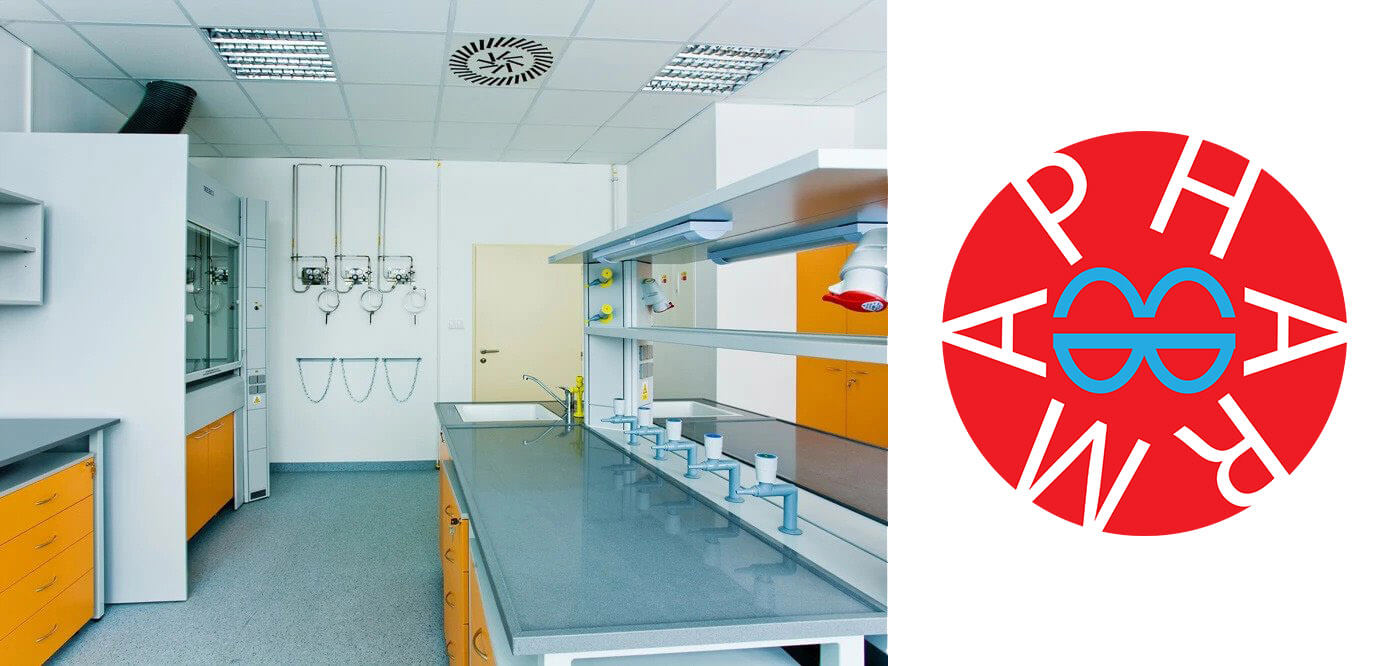Why do bacteria evolve CRISPR-based phage resistance in natural environments, while in the lab, they seem to more readily evolve receptor-based resistance? Ellinor Alseth (University of Exeter) and colleagues have published a new paper digging into this discrepency. Their results show that in the presence of other human pathogens, the fitness consequences of altering phage receptors are higher. This likely explains why in vivo, CRISPR-mediated resistance is the type of phage resistance more commonly observed.
Engineering phages is getting more popular; here’s another breakthrough in phage synthetic biology! Matthew Dunne (ETH Zurich) and colleagues have developed several approaches for engineering phages targeting Gram-positive pathogens (using Listeria as a model), including structure-guided design of phages with chimeric receptor binding proteins (RBPs), as well as RBP mutagenesis approaches that do not require prior knowledge of RBP structure or its receptor epitope.
Jeffrey Carey (University of Pennsylvania) and colleagues have shown that a temperate E. coli phage reprograms its host’s regulation of an anaerobic respiratory system. They found that the prophage disables the bet-hedging strategy that aids its host during rapid oxygen depletion. Plus, the phage achieved this by an as-yet undescribed mechanism, where the phage replaces a host promoter with its own promoter.
Is lyophilization a good way to store phages? Prasanth Manohar and Nachimuthu Ramesh (Vellore Institute of Technology) tested lyophilization conditions for three phages (an Escherichia phage, a Klebsiella phage and an Enterobacter phage) using different excipients (vehicles), including glucose, sucrose, gelatin, mannitol, polyethylene glycol, and sorbitol, as well as different post-lyophilization storage temperatures. They looked at viability of phages over time, and showed that sucrose, gelatin and 4°C storage helped maintain phage viability for up to 20 months.
Another publicly-traded phage company is now on the stock market! This week, the phage/microbiome biotech company BiomX completed its merger with Chardan Healthcare, and the combined company (BiomX Inc.) started trading on the New York Stock Exchange under the symbol PHGE.






